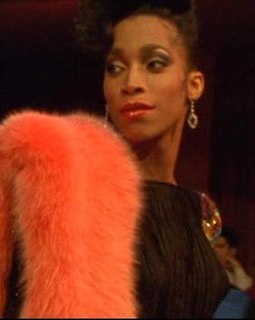A Quote by Adora Svitak
Like probably a lot of people, I came away from watching films like 'Miss Representation' and 'Half the Sky' with the realization that the battle for women's rights is not over, especially not globally, and that the moral imperative of our century is to achieve full rights for everyone regardless of gender.
Related Quotes
Some people ask: "Why the word feminist? Why not just say you are a believer in human rights, or something like that?" Because that would be dishonest. Feminism is, of course, part of human rights in general-but to choose to use the vague expression human rights is to deny the specific and particular problem of gender. It would be a way of pretending that it was not women who have, for centuries, been excluded. It would be a way of denying that the problem of gender targets women.
Human beings have rights, because they are moral beings: the rights of all men grow out of their moral nature; and as all men havethe same moral nature, they have essentially the same rights. These rights may be wrested from the slave, but they cannot be alienated: his title to himself is as perfect now, as is that of Lyman Beecher: it is stamped on his moral being, and is, like it, imperishable.
I hope we don't have to keep going back over the same territory and winning the same rights over and over again. The battle for birth control. The battle for abortion. The parity of women's health. It's very depressing to think that you win these rights, but then you have to win them again, and again, and again, and fight the same battles over and over.
At the end of the day, these are issues that need to be discussed: femicides, among other things - immigrant rights, women's' rights, indigenous people's rights, animal rights, Mother Earth's rights. If we don't talk about these topics, then we have no place in democracy. It won't exist. Democracy isn't just voting; it's relegating your rights.
Some people ask, 'Why the word 'feminist'? Why not just say you are a believer in human rights, or something like that?' Because that would be dishonest. Feminism is, of course, part of human rights in general - but to choose to use the vague expression 'human rights' is to deny the specific and particular problem of gender.

































